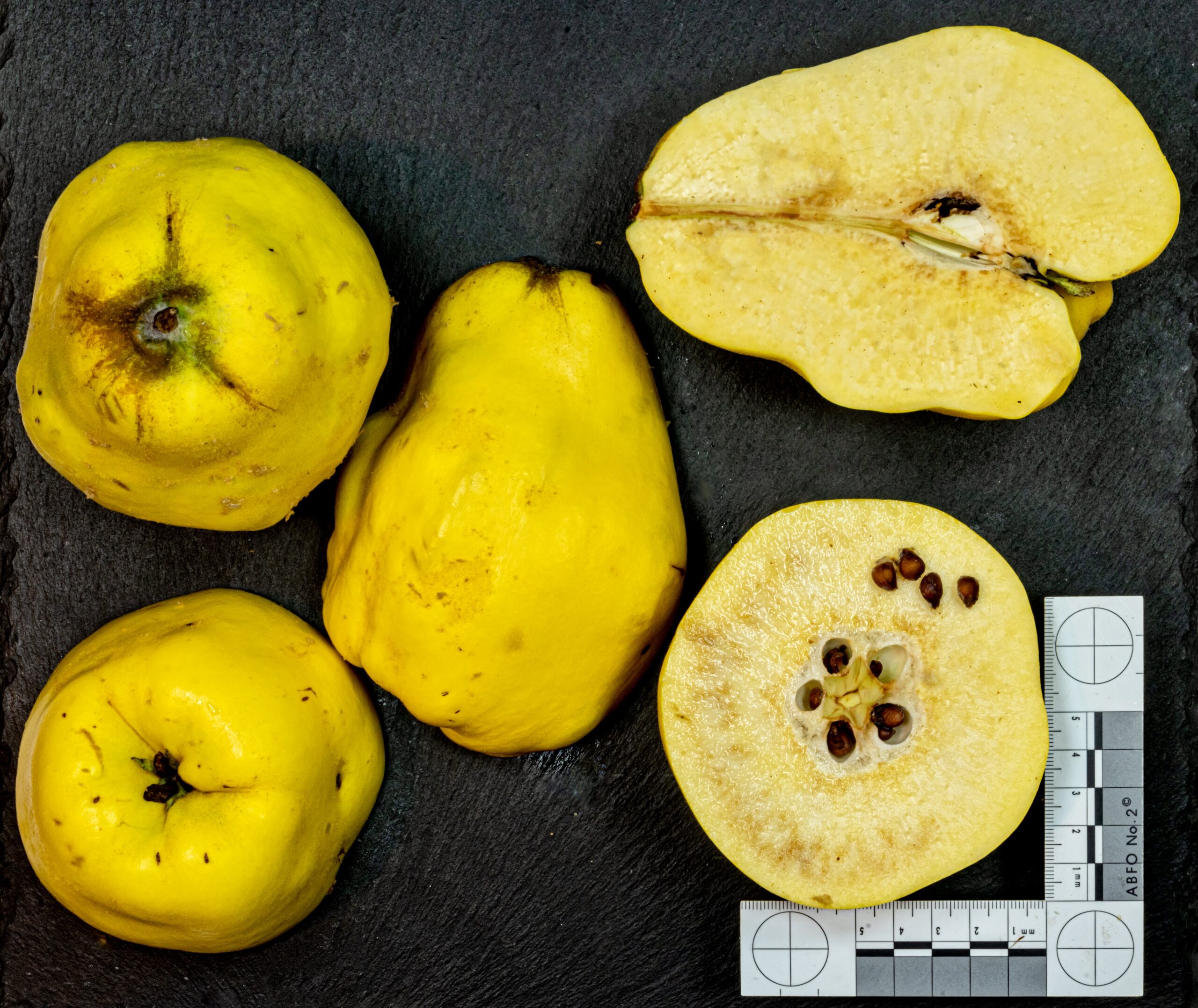
Quince is a highly nutritious fruit often overlooked in modern diets, but its health benefits are remarkable. From being rich in antioxidants to aiding in weight loss, quince offers a wide range of health advantages. These 10 benefits of eating quince explore its role in improving digestion, supporting heart health, enhancing the immune system, and more. Whether consumed raw, cooked or in juice form, this fruit provides essential nutrients that can boost overall well-being.
1. Rich in Antioxidants
Quince contains a wide variety of antioxidants, including phenolic compounds, which help to neutralize free radicals in the body. These antioxidants protect cells from oxidative damage, which may help reduce the risk of chronic diseases like heart disease and cancer.
2. Boosts Digestive Health
The high fiber content in quince supports digestion by promoting regular bowel movements and preventing constipation. Fiber also feeds healthy gut bacteria, which is essential for overall digestive health. Its anti-inflammatory properties can help soothe digestive discomfort and inflammation in the gut.
3. Supports Immune System
Quince is rich in Vitamin C, a vital nutrient for a healthy immune system. Vitamin C enhances the production of white blood cells, which are essential in fighting infections. Regular consumption of quince can help reduce the severity of colds and other viral infections.
4. Aids in Weight Loss
Due to its high fiber content and low-calorie count, quince is a great fruit for those looking to lose weight. The fiber helps you feel full for longer, reducing the urge to snack between meals. The low sugar content makes it an ideal choice for a healthy, balanced diet.
5. Promotes Healthy Skin
Quince is loaded with Vitamin A and antioxidants, which are important for maintaining healthy, glowing skin. These nutrients help fight skin aging, reduce inflammation, and promote skin regeneration, resulting in smoother, more youthful-looking skin.
6. Good for Heart Health
Quince contains potassium, which helps regulate blood pressure by balancing out the effects of sodium. The fruit’s high antioxidant levels also contribute to heart health by reducing inflammation and lowering the risk of developing cardiovascular diseases.
7. May Improve Respiratory Health
Traditionally, quince has been used to treat respiratory problems like sore throat and bronchitis. Its high levels of Vitamin C and antioxidant compounds help soothe inflammation in the respiratory tract and support the healing of mucous membranes, which can be beneficial for conditions like asthma or colds.
8. Anti-inflammatory Properties
Quince contains compounds that have natural anti-inflammatory effects. Regular consumption of quince may help reduce inflammation in the body, which is linked to many chronic diseases, including arthritis and heart disease. Its anti-inflammatory effects can also be beneficial for conditions like irritable bowel syndrome (IBS).
9. Supports Healthy Pregnancy
Quince is a good source of essential vitamins and minerals, particularly folate, which is vital during pregnancy. Folate helps in the healthy development of the fetus, preventing neural tube defects and promoting overall fetal growth. The fruit is also rich in iron, which can prevent anemia during pregnancy.
10. May Help Control Allergies
Studies suggest that quince may have anti-allergenic properties, making it beneficial for individuals suffering from allergic reactions. Quince can help reduce symptoms like skin rashes, runny nose, and wheezing due to its anti-inflammatory and antioxidant effects.
Conclusion
Quince is a nutrient-packed fruit that offers an array of health advantages, from improving digestion to boosting the immune system. These 10 benefits of eating quince highlight the fruit’s potential to support heart health, skin vitality, and even weight management. Incorporating quince into your diet can be a delicious way to enhance your overall well-being.
What Does Quince Do to Your Body?

Quince is packed with health benefits due to its high content of fiber, antioxidants, vitamins, and minerals. Here’s how quince benefits the body:
Boosts Digestion: The high fiber content aids in digestion, helps prevent constipation, and promotes gut health.
Strengthens Immune System: Rich in Vitamin C, quince boosts immunity by promoting white blood cell production and fighting infections.
Improves Heart Health: Quince’s antioxidants and potassium help lower blood pressure and reduce inflammation, which can protect against heart disease.
Aids in Weight Management: Quince is low in calories and high in fiber, making it a filling food that can help with weight control.
Promotes Healthy Skin: Its high content of antioxidants and Vitamin A helps reduce skin damage and supports a youthful complexion.
What Are the Side Effects of Quince?
Quince is generally safe to eat, but some individuals may experience mild side effects:
Allergic Reactions: People who are allergic to fruits like apples or pears may also react to quince, experiencing symptoms like rashes, itching, or swelling.
Tannin Content: Quince is high in tannins, which can cause digestive issues like nausea or upset stomach if consumed in large quantities or on an empty stomach.
May Affect Certain Medications: Quince contains compounds that might interfere with the absorption of some medications, such as antibiotics or thyroid medications.
What Is So Special About Quince?
Quince is unique due to its nutrient-rich profile, aromatic flavor, and medicinal properties. Here’s what makes it stand out:
Medicinal History: Historically, quince has been used for treating digestive and respiratory issues. Its anti-inflammatory properties make it beneficial for soothing sore throats and treating gastrointestinal discomfort.
Rich in Antioxidants: Quince is packed with phenolic compounds, which are powerful antioxidants that protect against oxidative stress and inflammation.
Versatility in Cooking: While it is too tough and astringent to eat raw, quince becomes soft, sweet, and fragrant when cooked, making it perfect for jams, desserts, and stews.
What Is the Healthiest Way to Eat Quince?
The healthiest way to eat quince is by cooking it, as raw quince is hard and astringent. Cooking helps soften the fruit and unlock its natural sweetness. Healthy ways to prepare quince include:
Poached or Stewed: Simmering quince with spices like cinnamon or ginger enhances its flavor and makes it easy to digest.
Baked: Baking quince brings out its sweetness and can be eaten alone or as part of a dessert with minimal added sugar.
Quince Jam: Using limited sugar, quince can be transformed into a healthy, fiber-rich jam.
Cooking quince also helps break down its tannins, which makes it more palatable and easier on the stomach.

























